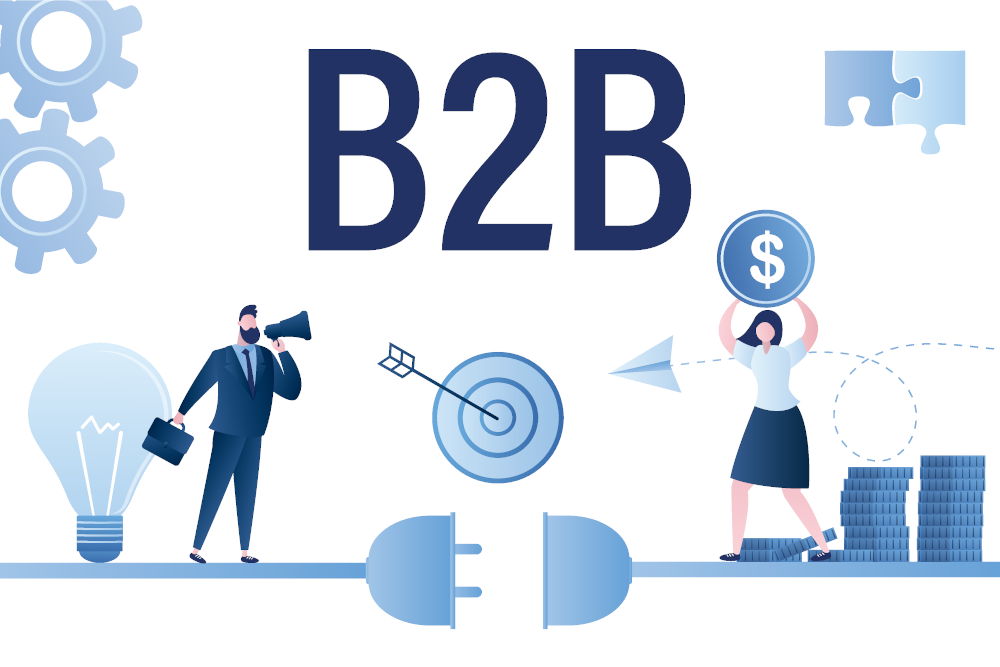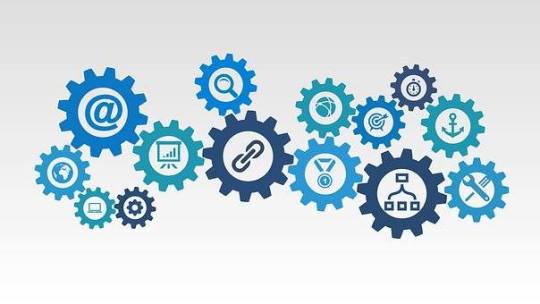Introduction
In today’s B2B landscape, relying on gut feelings alone is a recipe for falling behind. Data analytics is your secret weapon. It allows you to pinpoint the most promising sales opportunities, refine your messaging, and forecast with confidence. Let’s unlock the power of data to optimize your entire B2B sales process!
Section 1: What Is Data-Driven B2B Sales (And Why You Need It)
Data-driven B2B sales means using insights gleaned from data to make informed decisions at every stage of the sales cycle. Here’s why it matters:
- Smarter Prospecting: Identify high-potential leads based on data-backed patterns, rather than random guesswork.
- Personalized Outreach: Tailor your messaging and offerings based on buyer behavior and preferences.
- Improved Sales Forecasts: Use historical data to accurately predict future sales and make informed resource allocation decisions.
- Greater Efficiency: Automate tasks and optimize your sales process based on data analysis.
- Competitive Advantage: Gain a deep understanding of your market and customers beyond what competitors have access to.
Read our blog post on writing an email
Section 2: Key Data Points to Track for B2B Sales Success
Not all data is equal. Here are the metrics you must focus on:
- Sales Pipeline Metrics: Conversion rates across different stages, win rate, average deal size, sales cycle length, etc.
- Marketing Metrics: Website traffic, lead sources, content engagement, lead-to-opportunity conversion rates.
- Customer Behavior Data: Website activity, interactions with content, product usage, support ticket patterns.
- Sales Team Performance: Activity levels (calls, emails, demos), individual win rates, time spent on various tasks.
Read our blog post on KIndly Regards
Section 3: How to Use Data Analytics for B2B Sales Optimization
Let’s make those numbers work for you! Here are areas where analytics can transform your results:
- Ideal Customer Profile (ICP) Refinement: Go beyond demographics. Analyze past deals to see patterns in successful customers, improving lead targeting.
- Content Effectiveness: Identify which types of content (blog posts, webinars, etc.) perform best at different stages of the buyer’s journey.
- Outreach Personalization: Analyze website behavior to tailor outreach. Did they linger on a pricing page? Discuss ROI in your outreach.
- Sales Objections Handling: Track common objections and use data to develop powerful counterarguments that resonate with prospects.
- Upselling and Cross-Selling: Identify patterns in customer product usage to suggest additional solutions aligned with their needs.
Read our blog post on how to ask for update in email
Section 4: Tools to Put Your Data to Work
Let’s talk tech! The right tools streamline data collection and analysis:
- CRM Software: A robust Customer Relationship Management system is foundational for tracking prospect interactions and sales metrics.
- Marketing Automation Platforms: Analyze how leads move through your funnel, pinpointing effective nurturing strategies and areas for improvement.
- Sales Analytics Software: Solutions like InsightSquared or Clari provide granular insights into sales performance trends and forecasts.
- Business Intelligence (BI) Tools: Platforms like Tableau and Microsoft Power BI help visualize complex data, identify patterns, and create digestible reports.
Section 5: Building a Data-Driven Sales Culture
Technology is only part of the equation. Here’s how to establish a data-focused mindset within your team:
- Leadership Buy-In: Leadership sets the tone. Ensure everyone understands the importance of using data to make critical decisions.
- Training and Enablement: Provide comprehensive training on data analytics tools and their application in sales strategy.
- Celebrate Data-Driven Wins: Highlight successes and recognize sales reps who effectively leverage data to achieve impressive results.
- Collaborate and Iterate: Encourage open communication between sales and marketing teams to ensure data alignment and strategic refinement.
Conclusion
Mastering data-driven B2B sales gives you a superpower in a competitive market. No longer will you rely on hunches and guesswork. You’ll make informed decisions with precision, driving more predictable revenue and optimizing your entire sales process.
Read our blog post on How to write a professional email offering services

